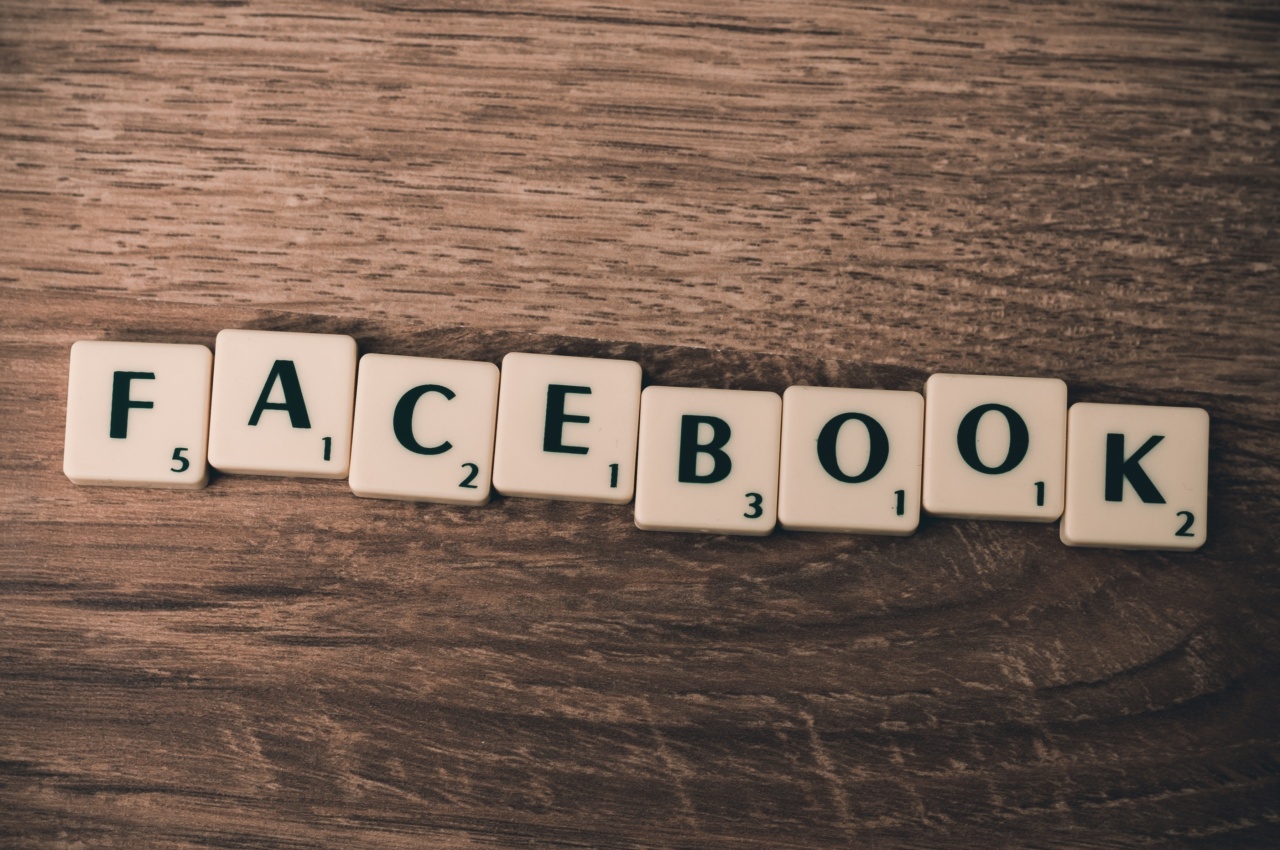Social connections play a vital role in our overall health and well-being. In today’s fast-paced and digital world, it is easy to overlook the importance of genuine human connections.
However, research suggests that building and maintaining strong social ties can have numerous positive effects on our mental, emotional, and physical health. In this article, we will explore the various ways in which social connections can boost your overall health.
The Impact of Social Connections on Mental Health
“No man is an island.” This timeless quote by John Donne perfectly captures the essence of how social connections are essential for our mental health. Humans are social beings, and we thrive on interpersonal relationships.
A strong support system can significantly impact our mental well-being in the following ways:.
Reduced Stress and Anxiety
When we surround ourselves with supportive and caring individuals, we naturally experience reduced levels of stress and anxiety.
Social connections provide a sense of comfort, belonging, and security, making it easier to cope with life’s challenges. Additionally, engaging in social activities and sharing experiences with others can serve as healthy distractions and outlets for stress relief.
Enhanced Self-Esteem and Confidence
Positive social interactions contribute to enhanced self-esteem and self-confidence. When we receive validation, acceptance, and support from those around us, it reinforces our sense of self-worth.
Having a network of friends and loved ones who appreciate and encourage us can empower us to take on new challenges, try new things, and achieve personal growth.
Stronger Resilience
Social connections provide a safety net during difficult times. When faced with adversity, having a support system can help us bounce back and overcome challenges more effectively.
Knowing that we have people who care about us and are willing to lend a listening ear or a helping hand can strengthen our resilience and increase our ability to navigate through life’s ups and downs.
Prevention and Management of Mental Health Conditions
Social isolation and loneliness are known risk factors for mental health conditions such as depression and anxiety. On the contrary, maintaining social connections can act as a protective factor and reduce the risk of developing these conditions.
Furthermore, for individuals already living with mental health conditions, social support plays a significant role in managing symptoms and promoting recovery.
The Influence of Social Connections on Emotional Health
Emotional health goes hand in hand with mental health, and social connections are instrumental in fostering emotional well-being. Here’s how:.
Increased Happiness and Life Satisfaction
Spending time with loved ones and engaging in meaningful social interactions has been linked to increased levels of happiness and life satisfaction.
Sharing experiences, laughter, and positive emotions with others can elevate our mood and help us find joy in the simple pleasures of life. Furthermore, having a sense of belonging and connection can give our lives a greater sense of purpose and fulfillment.
Improved Empathy and Emotional Intelligence
Social connections provide us with opportunities to develop and enhance our empathy and emotional intelligence skills. Interacting with different individuals exposes us to a variety of perspectives, experiences, and emotions.
This exposure helps us understand, connect, and relate to others on a deeper level. Developing empathy and emotional intelligence enables us to build stronger and more meaningful relationships, leading to increased overall emotional well-being.
Decreased Feelings of Loneliness
Loneliness can have severe negative effects on our emotional health. It is important to differentiate between being alone and feeling lonely. Social connections play a crucial role in alleviating feelings of loneliness.
When we have a network of people we can rely on and share our lives with, we are less likely to experience debilitating loneliness. Strong social ties provide us with a sense of belonging and companionship.
The Physical Health Benefits of Social Connections
The benefits of social connections extend beyond mental and emotional well-being and also positively impact our physical health. Here’s how:.
Improved Immune Function
Research shows that individuals with strong social support systems tend to have enhanced immune function. Having a robust immune system is vital for fighting off illnesses and diseases.
Social connections provide us with emotional support, which in turn helps improve our immune response. Additionally, people with strong social ties are more likely to engage in healthy behaviors such as regular exercise, balanced nutrition, and adequate sleep, further boosting their immune system.
Reduced Risk of Chronic Diseases
Studies have linked social connections to a reduced risk of developing various chronic diseases, including cardiovascular diseases, diabetes, and certain cancers.
Engaging in socially active lifestyles encourages healthier habits and behaviors, such as regular physical activity, better eating choices, and avoidance of harmful substances. Furthermore, individuals with strong social ties are more likely to have access to resources, information, and support networks, leading to better health outcomes.
Improved Longevity
Research consistently demonstrates that individuals with strong social connections tend to live longer. Loneliness and social isolation, on the other hand, have been associated with increased mortality rates.
Social connections provide us with a sense of purpose, belonging, and fulfillment, which contributes to overall well-being and longevity. Having a support system that encourages and supports healthy choices also plays a role in increasing life expectancy.
Conclusion
From enhancing mental and emotional well-being to improving physical health and longevity, social connections have a profound impact on our overall health. Nurturing and investing in our relationships is an essential aspect of self-care.
In a world that is becoming increasingly digitally connected but emotionally disconnected, prioritizing human connections is more important than ever. So, reach out to loved ones, spend quality time with friends, and cultivate a strong support system – your health depends on it.































